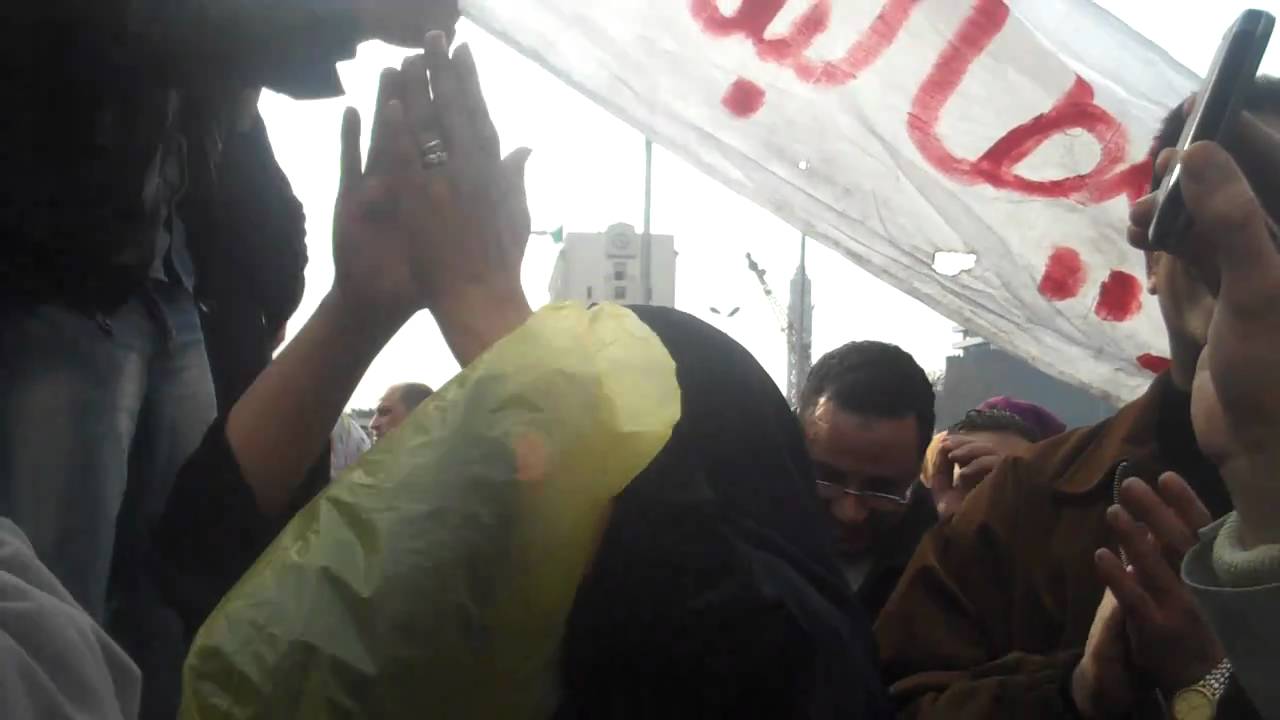Between worlds: Jilbab and transgender in Indonesia
It is a scene that wouldn’t be unfamiliar in France or Belgium: a woman’s hijab is snatched away by strangers on the street from her head despite her protest. She is told she shouldn’t wear it, or rather, she has no right to because her wearing it mocks other women and femininity itself. But it is not an episode of Islamophobic rage that is recounted by Shuniyya Rumaha Haiibalah, but an incident in her native Indonesia that would later become the title of her best-selling memoir, Jangan lepas jilbabku! (Please do not remove my jilbab!)
Read More

















